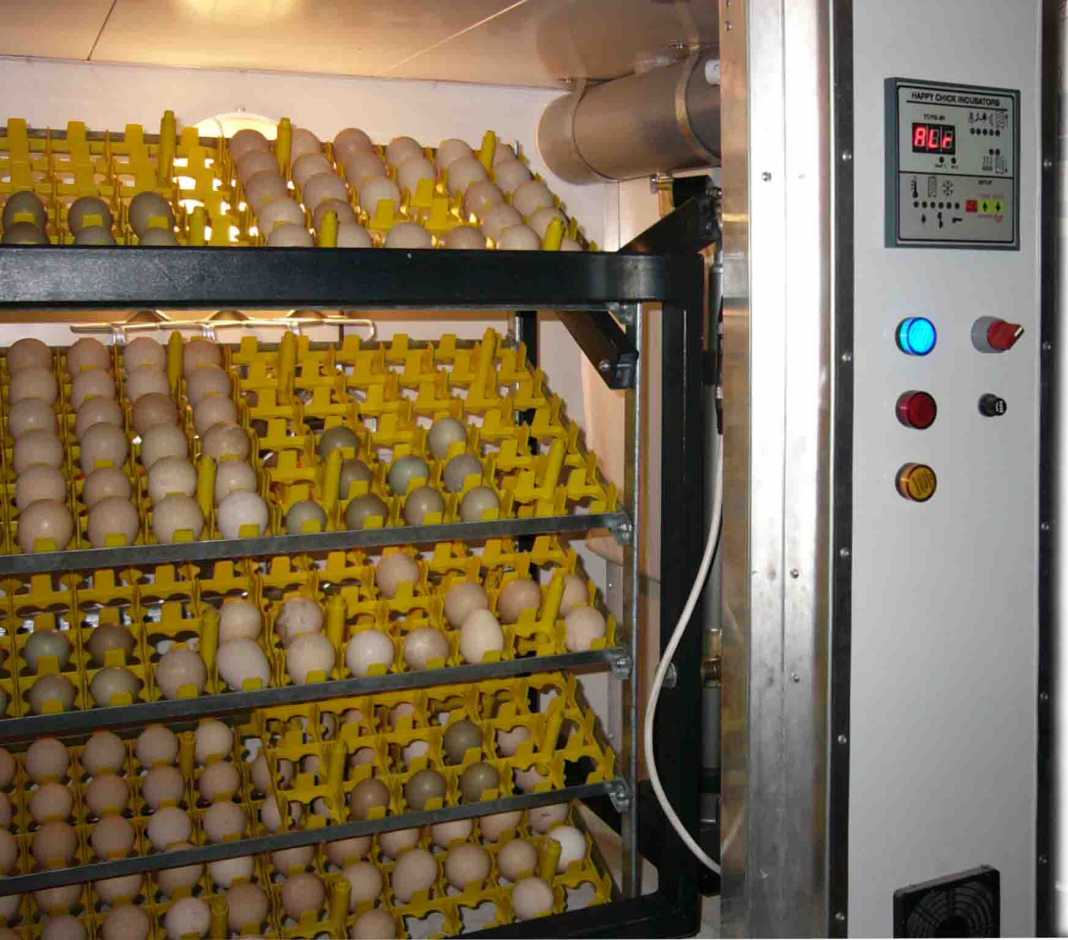His first business was a small garage in Nyeri, which he established soon after completing a course in mechanical engineering at a local polytechnic in 1996.
The business, however, faced many challenges, including delayed payments by clients and lack of capital to expand operations.
To supplement the income from the garage, Mr Livingstone Waithaka ventured into poultry — mainly rearing chicken for eggs to supply to restaurants and individuals.
This business also had various challenges as the chickens would stop laying eggs after a short while and he would incur heavy losses.
“I started with 300 layers but they started having problems and I sold them. Later, I bought another 400 layers, but they also stopped laying eggs after a short time. I sold them, too,” Mr Waithaka said.
This got him thinking about what else he could do to shore up his income and increase his capital base. Drawing from his mechanical engineering knowledge, he decided to make incubators for hatching chicks.
“The first electric incubator that I made had a 300-egg capacity. Of the initial 286 eggs that I put in, 168 chicks hatched.
“This motivated me to make more incubators. On improving the incubators, I attained an 80 per cent hatching rate.”
Many farmers were impressed with his work and started placing orders for incubators. The district agricultural office also requested him to showcase his work at agricultural shows in Nyeri.
This got more people interested in getting the incubators, which would use alternative energy sources other than electricity alone, given the challenges of accessing power in the villages.
Currently, the incubators can run on multiple energy sources — biogas, solar, electricity, and liquefied petroleum gas. Use of solar energy and biogas has proved popular in rural areas, which have erratic or no electric power supply.
“Most of the orders I get are for incubators with capacities of 1,000 to 2,000 eggs. But I can make bigger ones, depending on the orders,” he said.
The biggest incubator he has made has a capacity of 20,000 eggs. He uses it to hatch chicks for supply to customers.
Day-old chicks go for Sh90, earning him additional revenue. On average, he makes and supplies five incubators a month.
He says the hatching rate has improved to 90 per cent, given proper handling procedure. The incubators turn the eggs automatically, eliminating the need for manual input.
They also regulate the room temperatures to the recommended 37 degrees Celsius.
When electricity goes off, the biogas or gas units are switched on automatically, hence maintaining the required temperature and humidity levels.
This guarantees high success rates and repeat business from clients, referrals, and consistent orders, even by senior government officials.
For larger incubators, like the 20,000-egg capacity walk-in incubator, he works on the client’s site and charges between Sh1.2 and Sh1.5 million.
He sells a 1,000 capacity incubator at Sh250,000, while the 500 capacity one goes for Sh90,000.
“The demand is very high right now. I used to make and sell only two incubators a month, but the orders have risen to over five each month,” he says.
He says the large incubators are more economical for those venturing into commercial hatching of chicks, given the fact that they use almost the same amount of energy as the small incubators.
Now he makes incubators on a full-time basis, operating under the name Limer Farm Local Digital Thermostat Incubators in Nyeri, Central Kenya.
He also looks to make incubators that can run on sawdust, which is used by many households for cooking.


We also have automated poultry incubators for sale call us on 0724702512 or visit http://www.besthatcheggsincubators.co.ke